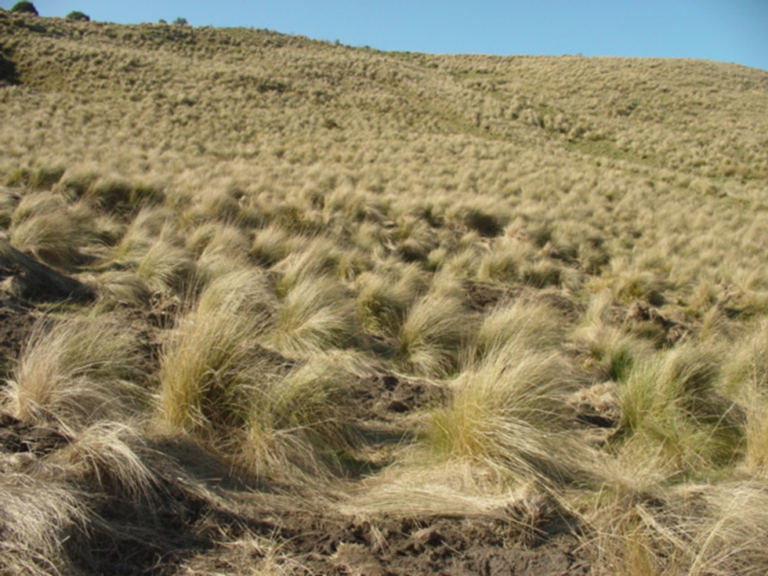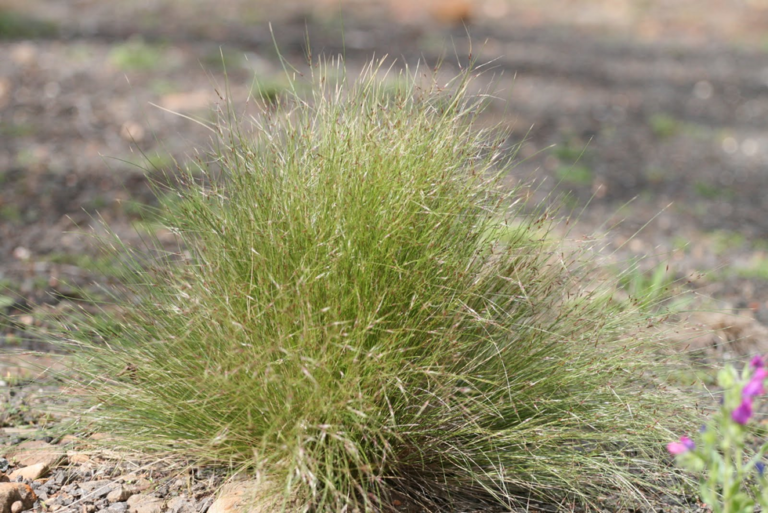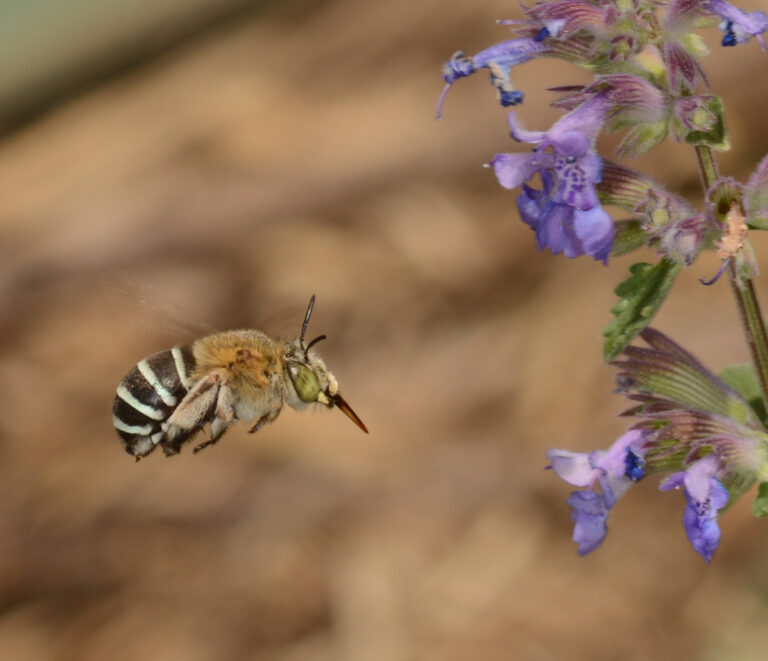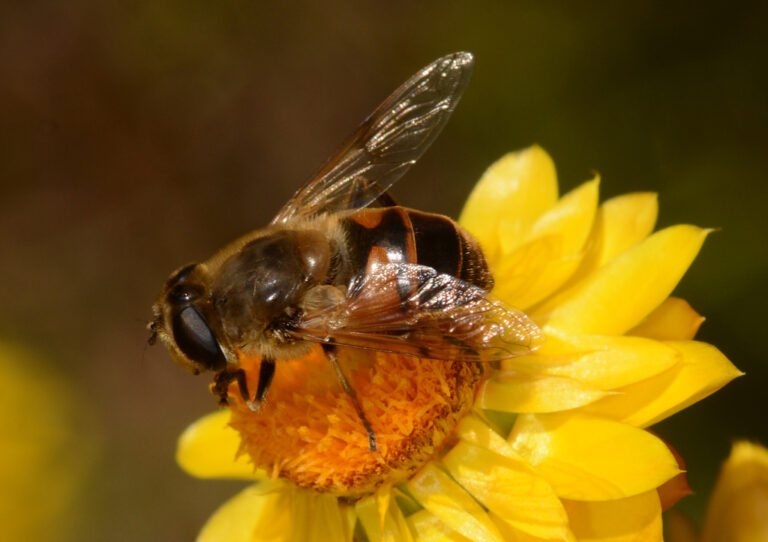
Now is the ideal time to check your property for the noxious weed serrated tussock (Nassella trichotoma). The recent rains and warm start to spring in some parts of Victoria has been good for pastures and crops, but unfortunately, also good for the growth of serrated tussock. Controlling serrated tussock before the plant goes to seed is critical to prevent further spread, lost productivity and increased control requirements.
“Before seeding, serrated tussock has a lime green appearance. When seeding the flowerheads have a distinctive purple colour developing as the seeds ripen in late spring and early summer. These features help serrated tussock stand out from the native tussock grasses,” Victorian Serrated Tussock Working Party Chairperson Lance Jennison said.

The VSTWP has developed an online video and information sheet to help landowners identify the unwanted grass, at http://www.serratedtussock.com/how-identify-serrated-tussock
“Serrated tussock has a fine leaf and will roll smoothly between the index finger and thumb, while native tussocks feel as though they have flat edges,” Mr Jennison said. “The leaves also feel rough when you run your fingers downwards due to fine serrations,” he said. “A mature serrated tussock plant can produce thousands of seeds in a season, blowing up to 20 kilometres from the parent plant.”
Before they flower and seed, serrated tussock plants can be controlled with a registered herbicide, manual removal or cultivation . “Having a healthy pasture and competitive ground cover is one of the most important aspects to weed management. Serrated tussock is a prime example of a weed that does not like competition and well established pastures,” Mr Jennison said.
It’s estimated that serrated tussock now covers more than 250,000 hectares of land in Victoria. Treating plants prior to seeding is vital to prevent further spread across Victoria and impacts on our agricultural and environmental assets. It is best to control serrated tussock before it gets out of control. Large infestations require ongoing management and the integration of a number of control techniques, which can cost large sums of money and time.
The VSTWP recently commissioned case studies on the economic costs of not treating serrated tussock, which concluded that if serrated tussock is left to infest a property or landscape, the cost of controlling it will be at least five times higher than if it was prevented in the first instance”. This is a massive cost saving and an important message to deliver to landowners who have untreated plants on their property.
For further information, please visit www.serratedtussock.com, or contact the VSTWP on
info@serratedtussock.com


